The Academy of Science-St. Louis recently honored Washington University in St. Louis Chancellor Mark S. Wrighton for his leadership in science and three researchers at the School of Medicine for their work as outstanding scientists.
The medical school faculty honored were Susan K. Dutcher, professor of genetics and of cell biology and physiology; Anne M. Fagan, professor of neurology; and Samantha A. Morris, assistant professor of developmental biology and of genetics.
Each year, the academy seeks nominations of outstanding women and men in science, engineering and technology who are known worldwide for their scientific contributions to research, industry and quality of life. Those recognized also have a record of excellence in communicating with the public, mentoring colleagues or both.
The awards, given in April, represent recognition by St. Louis’ scientific community, the academy’s board of trustees and Academy of Science-St. Louis members.
Susan K. Dutcher
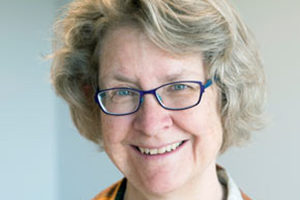
Dutcher received a 2019 George Engelmann Interdisciplinary Award, which recognizes outstanding achievement in science, engineering or technology that results from collaboration among two or more individuals across disciplinary or institutional boundaries.
Her primary area of research is the study of basal bodies and cilia, organelles that are present in most eukaryotic cells. For her work, Dutcher uses techniques from genetics and genomics, computational biology, cell biology and biochemistry.
For many years, she worked to identify genes that are required for the assembly and proper functioning of cilia in the green alga Chlamydomonas. In 2004, she developed a computational, comparative genomics approach that identified a large set of previously unknown cilia/basal body genes, many of which are associated with human disease.
That work, and findings that followed from her group and others, have shown that many human diseases, now known collectively as ciliopathies, are due to malfunctioning of cilia. Dutcher has since collaborated extensively with clinical scientists studying pediatric and adult diseases caused by mutations in cilia and basal body genes.
Anne M. Fagan
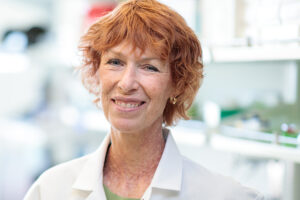
An internationally recognized expert on fluid biomarkers of Alzheimer’s disease, Fagan was honored with a 2019 Fellows Award, which recognizes a distinguished individual for outstanding achievement in science.
Together with colleagues at the Knight Alzheimer’s Disease Research Center, Fagan has been instrumental in establishing longitudinal studies investigating proteins in cerebrospinal fluid as biomarkers of preclinical Alzheimer’s in elderly and at-risk middle-aged individuals. She recently expanded her interests to include biomarkers of pathologies beyond Alzheimer’s plaques and tangles, including neuroinflammation, neuronal injury and synaptic dysfunction, as well as potential blood-based biomarkers.
Fagan has been a longtime contributor to global biomarker standardization and validation efforts, to harmonize research efforts and facilitate biomarker use in clinical settings.
Fagan also has contributed to the development of a staging system for Alzheimer’s disease, sponsored by the National Institute on Aging and the Alzheimer’s Association. She also is a member of the Preclinical Alzheimer Disease Consortium, a multi-institutional research group focused on developing tests that detect Alzheimer’s-related brain changes before the onset of dementia.
Samantha A. Morris
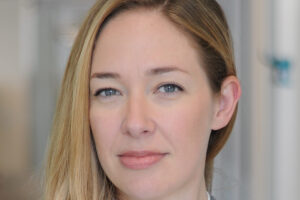
Morris was honored with a 2019 Innovation Award, which recognizes scientists or engineers, age 40 or under, who have demonstrated exceptional potential for future accomplishments in science, engineering or technology.
Morris has a strong record of creating innovative technologies and deploying them to help make fundamental discoveries. Her lab developed a cellular tracking system that can give scientists a new view of how cells develop. This “flight data recorder” for cells one day could help scientists guide cells along the right paths to regenerate certain tissues or organs, or help researchers understand the wrong turns some cells might take on their way to becoming cancerous.
Morris has made this technology open-source, enabling its adoption by labs worldwide.
Mark S. Wrighton
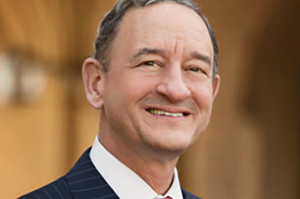
Wrighton, who concludes his term as chancellor May 31 after 24 years, received the Individual Science Leadership Award.
Wrighton has worked to build opportunities for the development of science and scientists globally and for the betterment of the St. Louis region. University accomplishments during his tenure include a more than two-fold increase in undergraduate applications, more than 300 endowed professorships, a redesigned Arts & Sciences curriculum, newly created programs in biomedical engineering and public health, and completion of more than 50 new buildings on both the Danforth and Medical campuses.
Wrighton also made great impact at the School of Medicine, including work toward development of the Siteman Cancer Center and creation of the McDonnell Genome Institute as well as support for Alzheimer’s research, imaging research and innovative programs for the youngest patients.
Wrighton also was an early supporter of the Cortex Community and BioSTL. Wrighton earned his PhD from the California Institute of Technology and previously served as provost at the Massachusetts Institute of Technology.
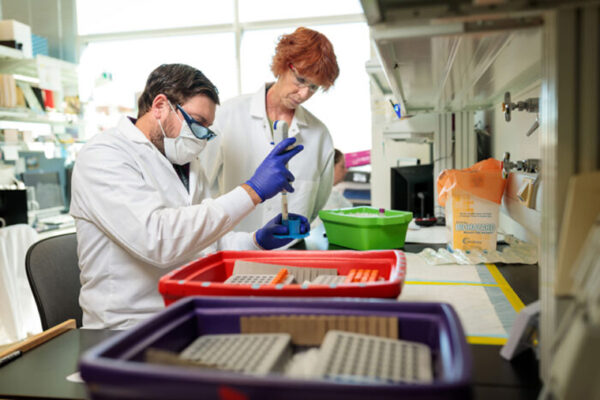
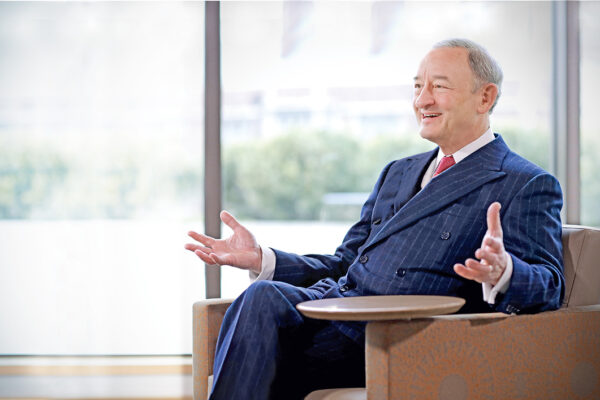
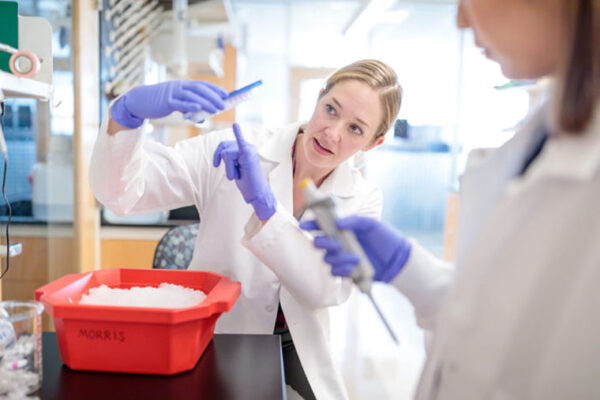
Comments and respectful dialogue are encouraged, but content will be moderated. Please, no personal attacks, obscenity or profanity, selling of commercial products, or endorsements of political candidates or positions. We reserve the right to remove any inappropriate comments. We also cannot address individual medical concerns or provide medical advice in this forum.